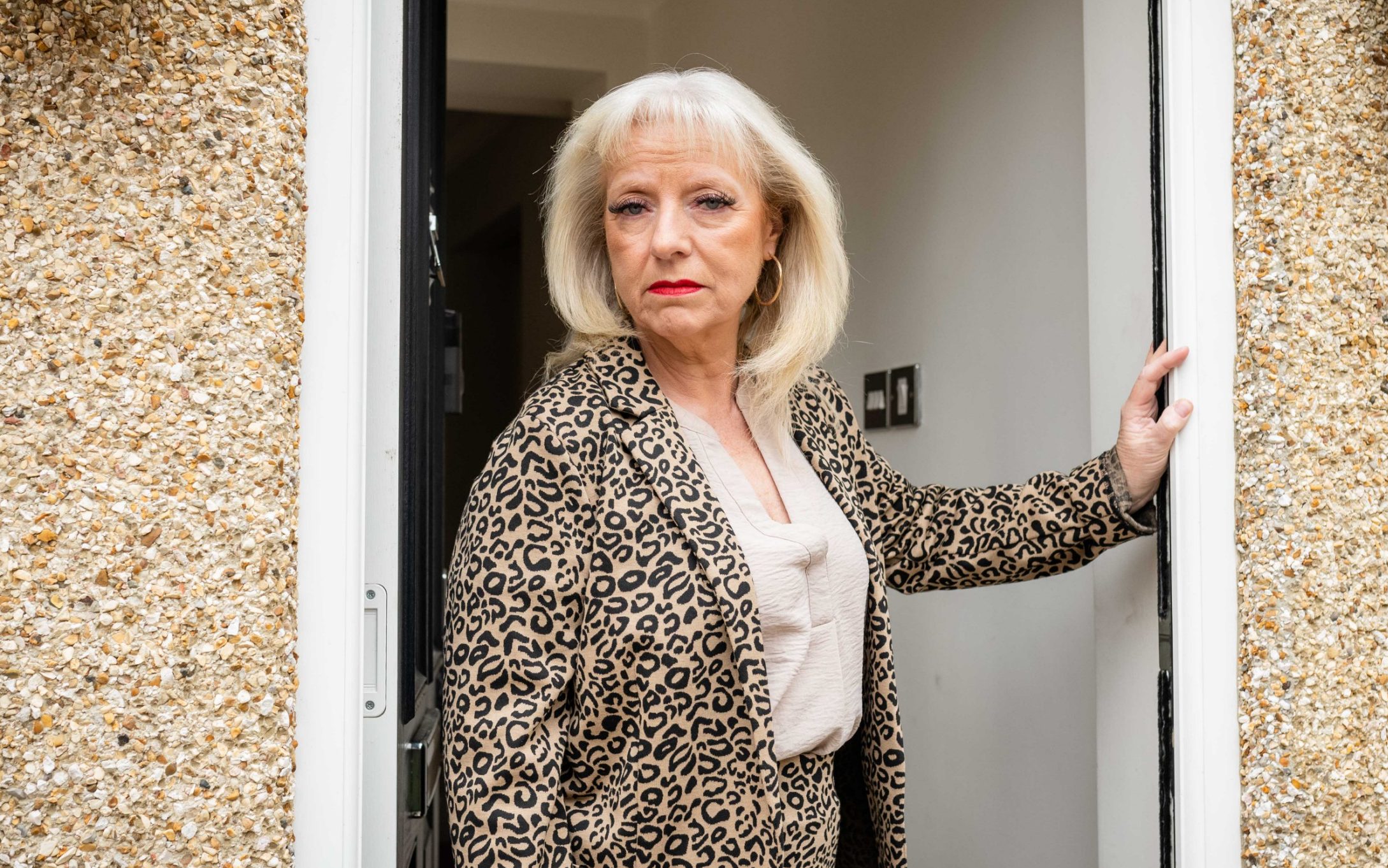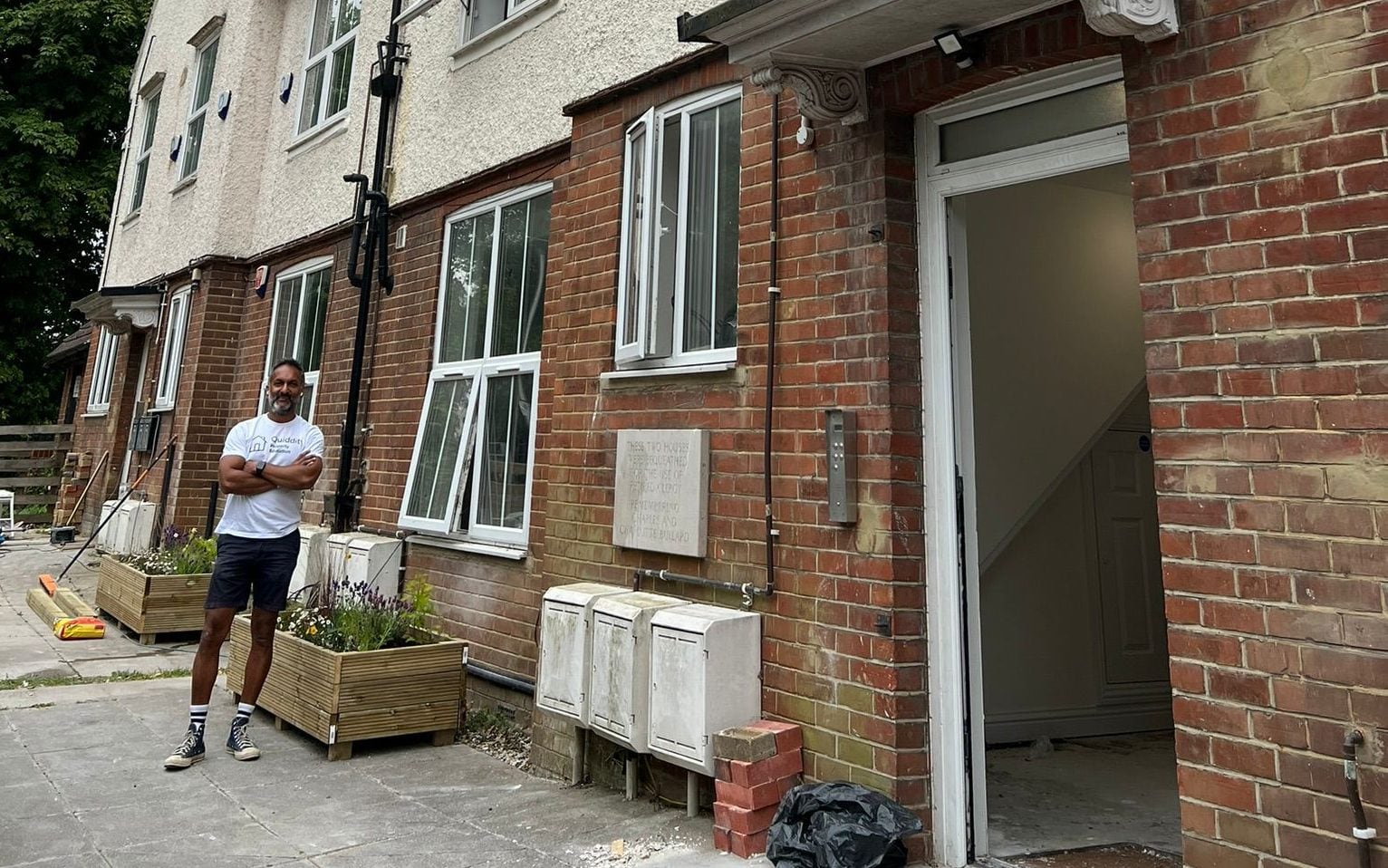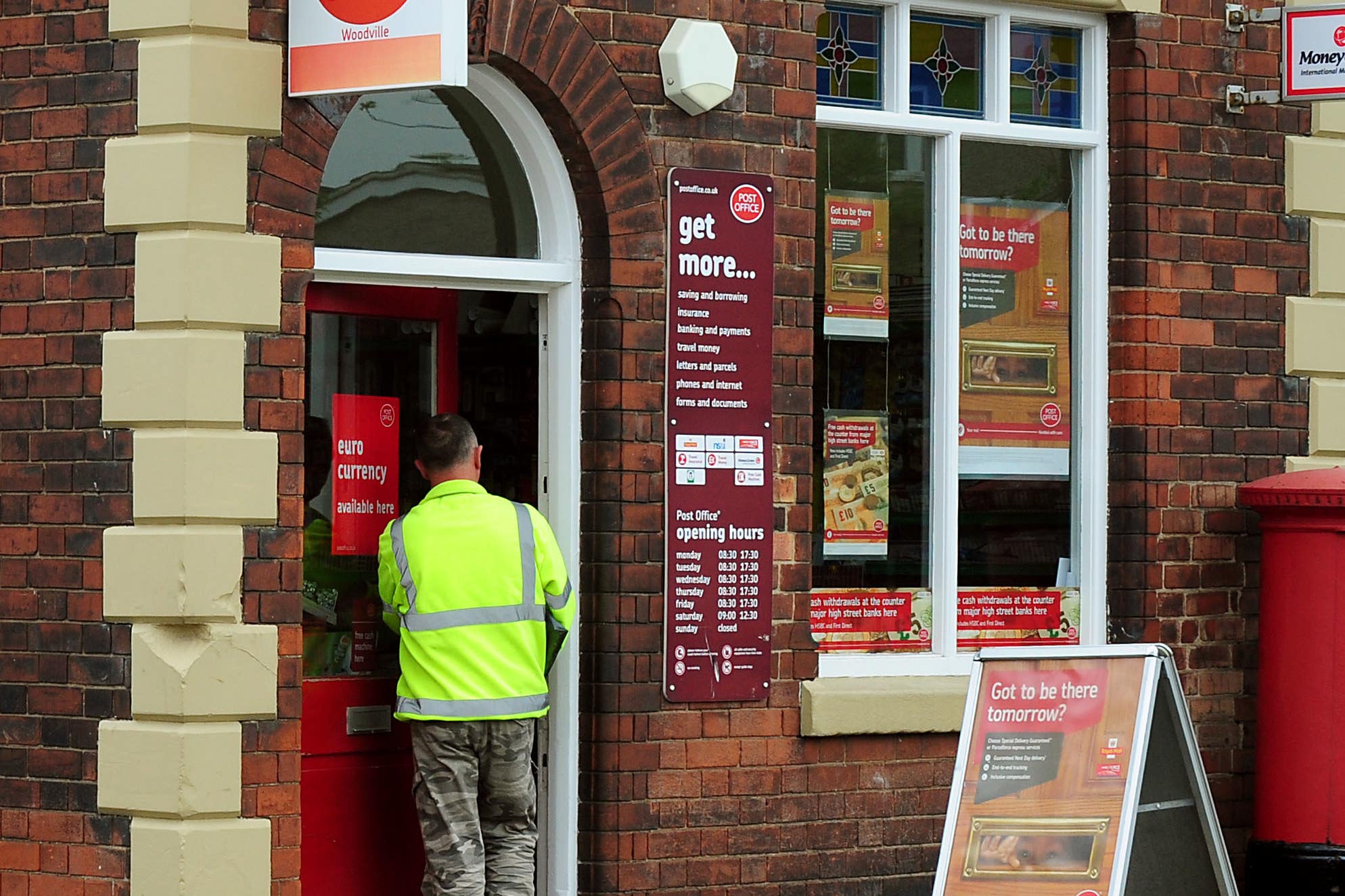
Accumulated by former proprietors.
Inheriting substantial council tax arrears.
In June 2023, Maxine Fothergill acquired two uninhabitable flats, which she intended to restore and later let out as rental properties.
– informed Ms Fothergill that due to the two flats being vacant for over two years prior to her purchase, she would be subject to a 200% empty homes council tax surcharge.
She was informed that the previous owner was liable for the liability. As a result, the combined council tax bill for the two properties soared to £10,500.
I couldn't find any text to paraphrase. Please provide the text you'd like me to paraphrase.
The Ministry of Housing, Communities and Local Government informed The Telegraph that the premium comes into effect from the date a property was first registered as empty, and does not restart when a property is sold on.
For local authorities to impose either of these council tax premiums on second homes or vacant properties, or indeed both, the properties must be deemed habitable.
Ms Fothergill's two flats had been stood vacant for nearly 25 years. Over that period, ceilings had given way, floor joists had decayed, windows and plumbing had gone missing, and vegetation had begun to sprout over the walls and kitchen worktops.

Two flats on the ground floor have been sold at auction for cash, and Ms Fothergill's investments will soon be featured in an upcoming series of Homes Under the Hammer, highlighting the 18-month transformation she has masterminded.
‘Councils view landlords as targets’
In spite of presenting proof that the property was in an uninhabitable condition, the local authority continued to push the charges right through to a magistrates' court.
Medway believed it was possible for individuals to live in the properties, which a surveyor had deemed to be "non-compliant" with the law, with the suggestion that it would require a substantial expenditure of nearly £200,000 to rectify the defects.
Ms Fothergill had to attend the magistrates' court and engage the Valuation Office Agency (VOA) to remove the properties from the council tax valuation list, taking with her a 600-page document.
The VOA gave her a ruling in her favour on 23 December, just before Christmas, preventing the council from continuing with the tax charges.
She said: "I think councils see us, landlords, as targets. They consider us easy prey, with easy access to funds. They think we can afford it. Well, not when we're already investing so much in restoring properties to make them affordable for local renters. I don't have endless funds available - this is how we make a living."
“I’d been open and honest, going straight to the local councillors to introduce myself. I thought they’d be pleased we were bringing the property back into a reasonable state of repair. The building had been mortgage-unworthy for nearly 30 years.”
‘It's a bit of a lawless place out there’
Azith Gungah was faced with identical charges after buying two flats in the Medway area. One of them was in a state of disrepair, while the other had been left vacant for two years by the previous owner.
When Mr Gungah appealed the 200 per cent premium, he was summonsed to court. A day prior to his scheduled court appearance, the council dropped the charges.
He said: “It’s like buying a second hand car and paying the earlier owner’s parking fines.”

Another case Mr Gungah is still arguing with the council, nearly nine months on, regarding an ex-drug den he purchased and which had remained unused by previous owners for many years.
The previous owner had subdivided the property into 10 flats. However, the council has since determined that six of those flats were unbuilt, with only four officially sanctioned on paper.
In spite of this, Medway is yet trying to make the new owner pay council tax premiums of 100 pc across all ten flats belonging to that property - a bill that far exceeds eighteen thousand pounds.
Subject to the approval of the local council, these premises have been redeveloped into six self-contained flats, each occupied by families who pay the standard local authority tax on a property.
While the property developer waits for a decision from the VOA, which he first approached six months ago, he has been told by the council to pay £500 a month for each of the 10 "flats" until the matter is resolved.
He said: “The council class more than half of them as unlawful. We shouldn't be held accountable for paying bills for all 10. This whole situation is consuming a huge amount of time and resources from my team. It's a completely unregulated environment.”
When you attend a magistrates' court, you're essentially entering a facility rather than a formal courtroom. You won't see a judge, but instead, a court clerk will be present. Upon arrival, you'll enter a waiting area and proceed to a desk where a local authority employee, typically employed by the council, sits at a counter with a list of individuals who have fallen behind with their council tax payments.
The Ministry of Housing, Communities and Local Government stated that, although the period of time during which a property is deemed empty doesn't reset when ownership changes hands, local councils should take a balanced approach to enforcing this policy.
A spokesperson for Medway Council stated: “We're unable to comment on the personal accounts of individual residents, but we are compelled to issue council tax bills for all properties that the VOA has designated a council tax band for.”
Play The Telegraph's excellent selection of Puzzles - and feel more cheerful every day. Challenge your mind and improve your mood with PlusWord, the Mini Crossword, the challenging Killer Sudoku and even the traditional Cryptic Crossword.






